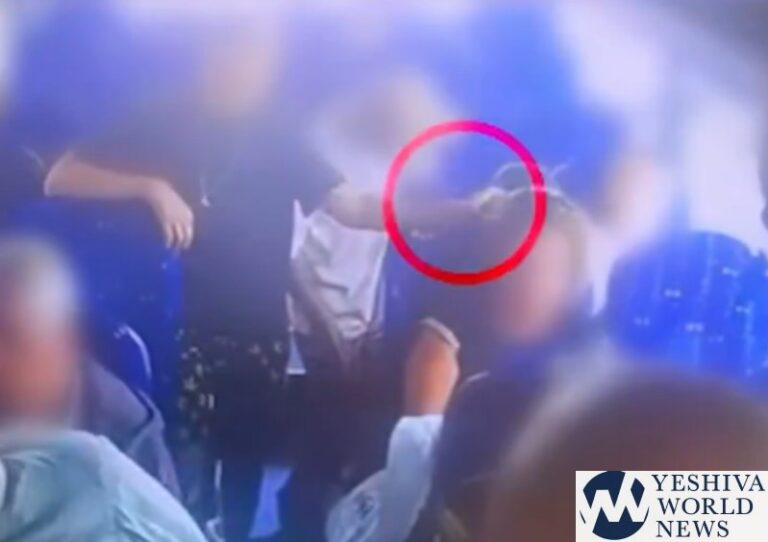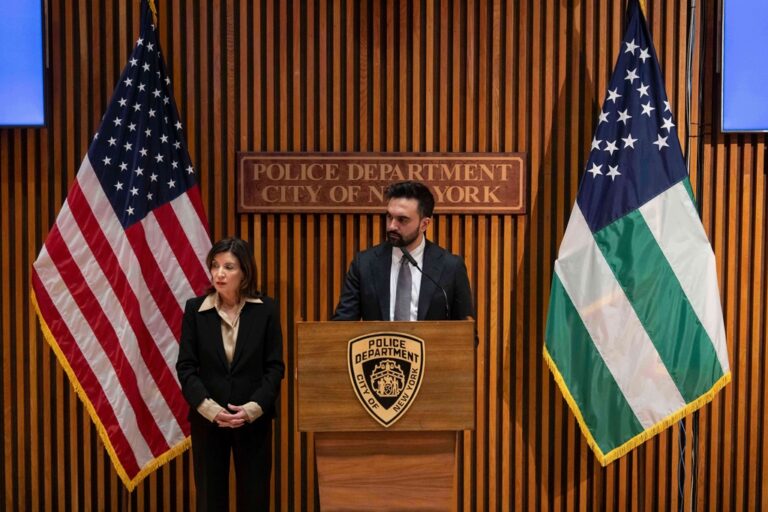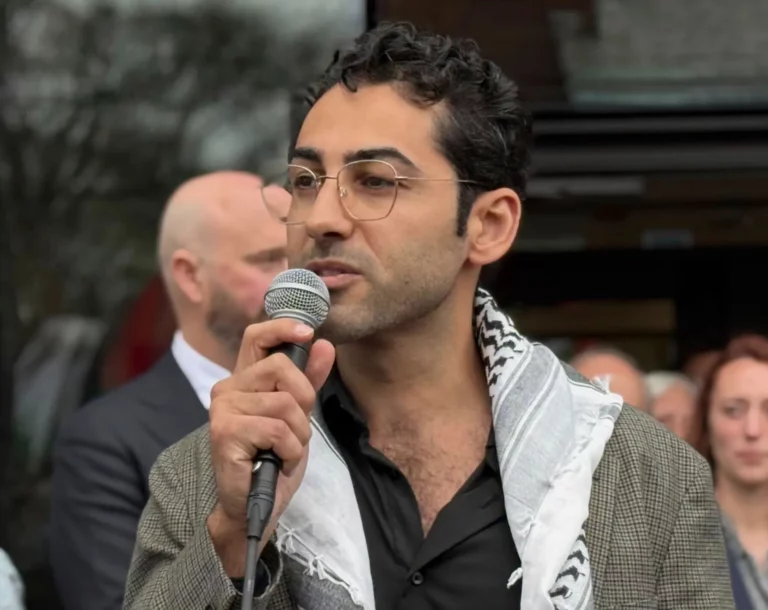I would like to open with a profound statement from a revered Torah giant, Reb Leib Malin, zt”l, whose words on the Yeshiva system are both powerful and timeless. He famously wrote in his Hakdama to HaTevunah Journal:
“הַיֵּשִׁיבָה הַקְּדוֹשָּׁה, בָּהֶן הָיָה כָּל הַרְכּוֹש שֶׁל הַכְּלָל יִשְׂרָאֵל בַּגָּלוּת. בָּהֶן הִשְׁתַּמְּרָה הַתּוֹרָה וְיִרְאָה בְּכָל טָהֳרָתָה, כַּאֲשֶׁר מִלְפָנִים. בָּהֶן הִשְׁתַּמְּרָה הַעֲמָלָה שֶׁל תּוֹרָה וְהַעִיּוּן בִּפְנִימִיוּת תּוֹרָה. בָּהֶן הָיְתָה נִכֶּרֶת מַלְכוּתוֹ שֶׁל הַקָּדוֹש-בָּרוּך-הוּא. בָּהֶן הָיְתָה הַתּוֹרָה שׁוֹלֵטֶת וְגְבִירָה וְאֵין עוֹד מִלְבַדָּה.
כַּשֶּׁהָיוּ נִכְנָסִים לִכְתוֹלֵי הַיְּשִׁיבָה, הָיוּ מַרְגִּישִׁים אֵיךְ שֶׁכָּל הַחָלָל מִמּוּלָא מִתּוֹרָה, בָּהֶן כָּל הוֹן וְיָקָר נִמְצָא.”
In these words, Reb Leib Malin, zt”l, has expressed, in the clearest and most powerful manner, the centrality of the Yeshiva to the survival and flourishing of the Jewish people. The Yeshiva is not simply an academic institution; it is the heart and soul of the Jewish world, the place where Torah and Yiras Shamayim are transmitted from generation to generation. It is the place where Hashem’s kingship is palpable, where the labor of Torah study is central, and where the light of our faith shines brightest.
Now, with all due respect to the writer on YWN, to suggest that Yeshiva is no longer worth it, or to imply that we should reconsider sending our children to Yeshiva because of certain challenges, is not only mistaken—it is profoundly dangerous. The idea that we should question the very institutions that have preserved Torah for centuries, through every trial and tribulation, is something that no true Torah Jew should entertain.
The letter states: “Can we really teach ואהבת לרעך כמוך while turning a blind eye to self-inflicted and socially harmful addictions that begin in the very halls of Torah?”
and later questions: “Are yeshivos really a place that our sons can learn Torah? Or are they just there for an academic Judaism, devoid of any real Torah growth?”
I could not disagree more with such sentiments. Yes, smoking is indeed a serious issue that must be addressed in the Yeshiva system. But the problem with smoking is a symptom, not the disease. The issue is not with the Yeshiva system itself—it is with individuals within it who may stray from the path of perfect righteousness. The solution is not to throw out the entire institution, but to fix what needs repair and continue to uphold the Yeshiva as the central foundation of Torah life.
The Yeshiva has always been a place of Torah growth—of deep, sincere connection with Hashem. Every single Great leader of our people, were products of the Yeshiva system, albeit different intricacies in every generation, which molded them into leaders who upheld the Torah’s highest ideals and were committed to a life of purity, holiness, and service to Hashem. Did any of them ever question the institution of the Yeshiva, despite its flaws? No. They worked to elevate it, to correct its issues, and to keep its sanctity intact.
To suggest that the Yeshiva is no longer the proper place for our children is to suggest that we abandon the very means through which our children inherit their Jewish identity. There is no greater tragedy than to question the value of the Yeshiva. Where else would we send our children to grow in Torah and in their relationship with Hashem? To Columbia University? To a public school system where values are absent, where spiritual education is non-existent? Can we really say that such institutions will instill the Torah values that our children so desperately need?
The letter’s author even goes so far as to ask: “Are yeshivos really a place that our sons can learn Torah?” How can anyone who has witnessed the daily toil of Yeshiva life, the intense study, the Davening, the dedication to serving Hashem, ever question this? How can anyone suggest that the Yeshiva system has failed when it has continued to shape and guide the Jewish people for over two millennia, through exile, persecution, and countless trials?
But now, let me ask you something even more pointed. Have you thought for even a moment about the impact your words may have on a mother, or a father, somewhere—someone who may have recently returned to the path of Torah and Yiddishkeit? Someone who, right now, is reading your letter with a heavy heart, wondering whether to send their son to Yeshiva? Your words might be the very reason that, after years of struggle and growth, they now hesitate. You could be the reason why a parent decides against Yeshiva education, and the tragic outcome will be clear: a child who could have grown into a Gadol, a Yeshiva Bochur destined to carry the torch of Torah leadership, a future champion of Chesed and Tzedakah or a dedicated Rebbe, will be lost to this world.
Do you realize what kind of responsibility you are carrying with your words? Are you prepared to live with the knowledge that your doubts could undermine the future of Klal Yisrael for generations to come? Because I can promise you this: the effects of your letter can very well tear into the soul of another Yid, and in the future, there will be a child who never grew into the leader that he was meant to become—all because you planted seeds of doubt. Can you bear that weight on your soul?
In conclusion, the Yeshiva is not perfect, and it is our responsibility, as a community, to address issues like smoking and other behaviors that are harmful to the sanctity of the Yeshiva. But we must not let these problems lead us to the dangerous conclusion that the Yeshiva itself is no longer worth it. The Yeshiva is our lifeline; it is the place where Torah thrives, where our children grow into the leaders of tomorrow. The very suggestion that we abandon this sacred institution is an error that we cannot afford to make.
May we continue to strengthen our commitment to the Yeshiva system, not weaken it. Let us work together to address the problems, and never lose sight of the central role the Yeshiva plays in the preservation and flourishing of Torah.
Sincerely,
A Yid with a Mesorah and a Rebbe
The views expressed in this letter are those of the author and do not necessarily represent those of YWN. Have an opinion you would like to share? Send it to us for review.












8 Responses
Thank you for a well written letter.
Beautifully written, thank you!
And may I add another comment on to this wonderful letter. If you look around America today, there are tens, if not hundreds, of formerly Jewish communities where the only sign of their former Jewish residents are the Jewish cemeteries.
The common denominator is quite obvious.
These were Jewish towns that had Shuls, but no yeshivos. The Jewish children went to public school, and did not grow up learning Torah in a cheder or a yeshiva, and unfortunately, grew up devoid of any spirituality or Torah, and many times intermarried. These ghost shuls of a lost generation can be seen around upstate New York, and the rest of America. The only place where Judaism thrived and continued was places where they had yeshivos.
First, some perspective: our yeshivos are not same as Volozhin yeshiva. Yeshivos that started in 19th century were for a relatively small number of people (400 max in Volozhin). What we call “yeshivos” now are mass-education institutions.
To the question – parents should be able to choose those places that do not fail in most basic social issues. If an institution can’t stop bochurim from smoking, then what kind of middos _are_ they able to teach? Don’t smear all places though – just go to the institutions that provide good middos.
for another concern – you can go to Columbia or YU or Touro and continue learning and growing in your middos – near in your home, or maybe even in your home with your father. Rashi suggests best time for the father to teach a “child” is from 16 to 22 – exactly the time when modern parents try to kick the kid somewhere far away from their home, whether it is a yeshiva or a university. Insane. If the father learnt well, he should be able to teach his kid.
> even a moment about the impact your words may have on a mother, or a father, somewhere—someone who may have recently returned to the path of Torah and Yiddishkeit?
I talked to a father like that. He is a doctor himself. He followed his rebbeim and sent his children to yeshivos for as long as yeshivos were suggesting that the son should stay there. Now, the son is, B’H married but has hard time providing for the family. When the father suggested that the son make more effort to find a stable job, the son replied – you yourself put me on this path, don’t blame me.
Very well said. Besides, the whole premise of the previous letter writer was mistaken. The vast majority of yeshiva bochrim don’t smoke. It’s only some of the weaker bochrim that have picked up some bad habits.
I’m not sure which staircase that author fell off but you can see what happens to any kid that hasn’t been to Yeshiva, do you know what they’re going to learn elsewhere? About gender sharing bathrooms and giving kids biologically altering surgeries. I think it’s better to risk them seeing a cigarette in Yeshiva which is highly unlikely these days
Now, what may really need thought, is whether it is acceptable for all of us to be using
(and thus supporting through ad revenue) a website that claims to be a destination for members of the yeshiva world, and yet would publish an article with such an open attack on yeshivas (and their leadership) that aren’t run in exactly the way the letter writer would prefer.
Extrememly well said! I wholeheartedly agree.